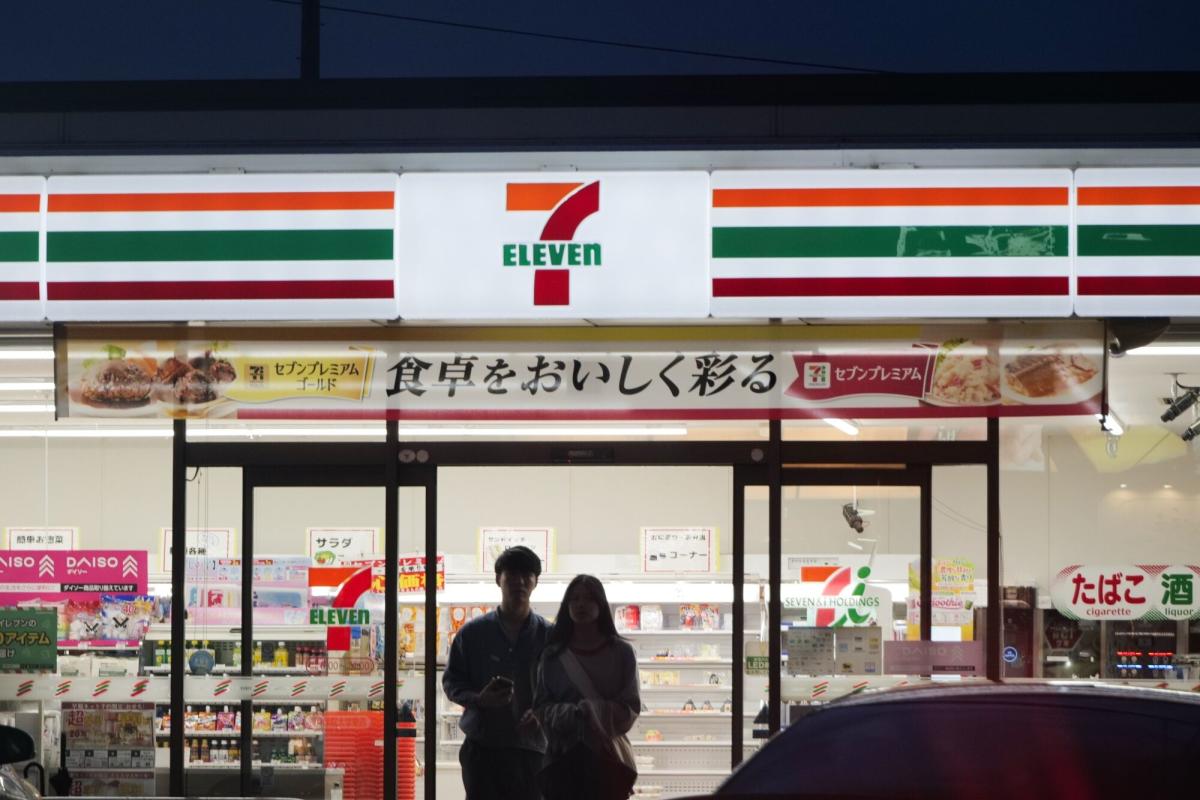


(Bloomberg) — The Japanese government added Seven & i Holdings Co. to a list of “core” designated companies, a potential hurdle for Alimentation Couche-Tard Inc.’s proposal to buy out the convenience-store operator.
Most Read from Bloomberg
Last month, the Japanese retailer filed for the new designation under the Foreign Exchange and Foreign Trade Act to change its “non-core” status under the law, people with knowledge of the matter said. The new category requires any foreign entity to give prior notification of share purchases in a core company of more than 10%.
While the filing was made in response to a routine query by the Ministry of Finance, the new category can be seen as adding an extra step that the Canadian owner of Circle K stores would have to take to proceed with a potential takeover. The 7-Eleven operator’s efforts to change its status underscore its wariness toward the approach, which comes after years of activist investor criticism that its assets are undervalued.
Although the finance ministry could potentially put up barriers to any potential deal by putting Seven & i in the same category as a defense contractor or energy company, it has also fostered an environment that has made Couche-Tard’s approach possible.
Improved governance, market regulators pushing to boost value and clearer guidelines on corporate mergers, are creating a more fertile ground for deals in corporate Japan, long considered impenetrable because of entrenched interests that protected companies.
Seven & i seeking extra protection will also serve as a test of Japan’s appetite for reform. Although the government has shown protectionist tendencies in the past and corporate boards have long prioritized stability over shareholder value, policymakers also recognized that this has held back the economy, as well as much-needed restructuring.
Seven & i, facing pressure to show that it should deserve a higher premium from the acquirer or deliver share gains through its own efforts, asserted last week that Couche-Tard’s initially indicated price of $14.86 a share — valuing the Japanese company at $38.2 billion — didn’t fully reflect Seven & i’s worth.
Investors, including Artisan Partners and Oasis Management, have publicly called for Seven & i to engage with Couche-Tard and find a way to deliver more value to shareholders. ValueAct Capital Management LP, which sought to replace Chief Executive Officer Ryuichi Isaka last year, has argued in the past that 7-Eleven alone could be worth much more as a standalone company.
The finance ministry’s guidelines can be tricky to navigate. In the case of an investment of more than 1%, but below 10%, prior notification can be waived if the investor and others can meet certain conditions, such as not appointing directors to the company’s board, according to ministry rules.
The Canadian company hasn’t indicated whether it seeks a waiver on prior notification.
The finance ministry vets any entity seeking to acquire more than 10% of a company considered part of a core industry, which includes sectors such as aerospace, nuclear energy and rare earths. The law was designed to protect the country from security risks, such as the outflow of military technology.
The ministry says its screening of foreign firms is the same, regardless of whether the target company is core or non-core.
In its application to become a “core” company, Seven & i argued that its convenience stores play a critical role in supplying food and supplies in the event of natural disasters, the people said. They also provide municipal services, allowing residents to obtain official documents.
The new designation requires any investor seeking to own more than 1% of a core-designated company to apply for preapproval, unless it can promise not to submit written proposals that demand answers or action from the board within a certain timeframe. Investors would also have to forsake participation in board meetings, or any committees that have decision-making authority.
Together, the requirements would likely force any potential buyer to seek preapproval, inviting greater regulatory scrutiny earlier in the negotiation process.
There has only been one case in the past where the Foreign Exchange and Foreign Trade Act had foiled a deal. In 2008, concerns over power supply and nuclear energy led Japan to block the London-based Children’s Investment Fund from buying shares in Electric Power Development Co., known as J-Power.
–With assistance from Yuko Takeo.
(Updates to add more context.)
Most Read from Bloomberg Businessweek
©2024 Bloomberg L.P.